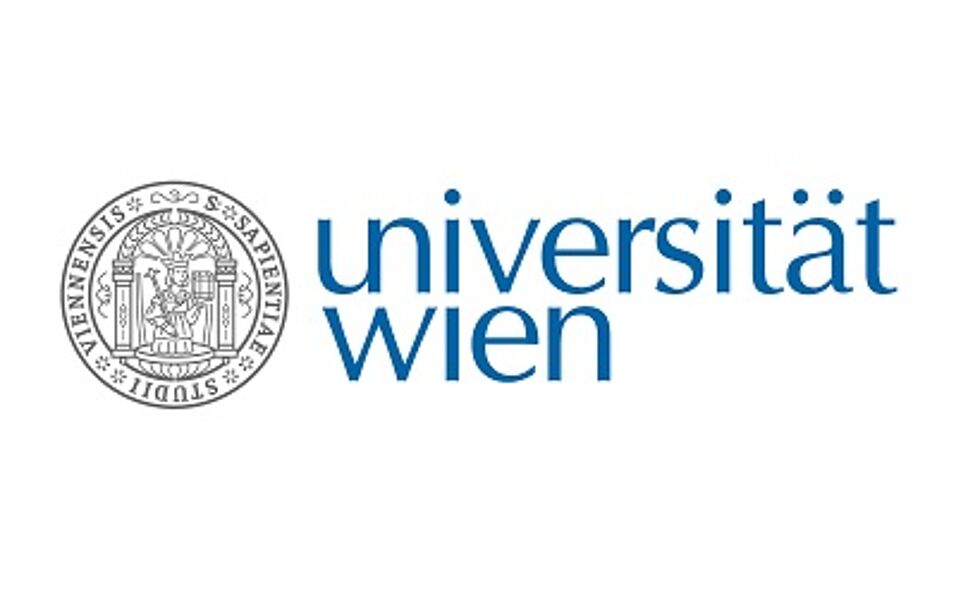Dauer der Befristung: 4 Monate
Beschäftigungsausmaß: 10.0 Stunden/Woche.
Einstufung gemäß Kollektivvertrag: §48 VwGr. C
Darüber hinaus können anrechenbare Berufserfahrungen die Einstufung und damit das Entgelt bestimmen.
Ihre Aufgaben:
- Unterstützung in Forschung, Lehre und Administration
- Unterstützung bei der Durchführung von Forschungsprojekten zu politikwissenschaftlichen Fragestellungen
- Unterstützung bei der Vorbereitung und Durchführung von Lehrveranstaltungen
- Unterstützung und Beratung von Studierenden
- Unterstützung bei der Organisation von Tagungen, Konferenzen, Symposien und Vorträgen
Ihr Profil:
- Aufrechtes Bakkalaureats, Master- oder Diplomstudium Politikwissenschaft (ohne Master- oder Diplomabschluss in dieser Fachrichtung)
- Fähigkeit zur eigenständigen und verantwortlichen Aufgabenerfüllung
- Gute Kenntnisse im Bereich Digitalisierung, Internationale Politische Ökonomie, Drogenpolitik
- Erfahren in der selbständigen Bearbeitung von politikwissenschaftlichen Fragestellungen
- Hervorragende Deutsch- und Englischkenntnisse
- Gute EDV-AnwenderInnenkenntnisse
- Teamfähigkeit
- Kenntnisse universitärer Abläufe sind von Vorteil
Einzureichende Unterlagen:
- Motivationsschreiben (1-2 Seiten)
- Lebenslauf
- Abschluss- und Sammelzeugnisse
- Eine Seminararbeit oder die Bachelorarbeit
Bitte übermitteln Sie die Bewerbungsunterlagen in einem PDF-Dokument .
Ihre Bewerbung:
Wir freuen uns auf Ihre aussagekräftige Bewerbung mit Motivationsschreiben, welche Sie bis zum 17.08.2020 an bewerbung2020.powi@univie.ac.at richten.
Für nähere Auskünfte über die ausgeschriebene Position wenden Sie sich bitte an Tzanetakis, Meropi unter bewerbung2020.powi@univie.ac.at

